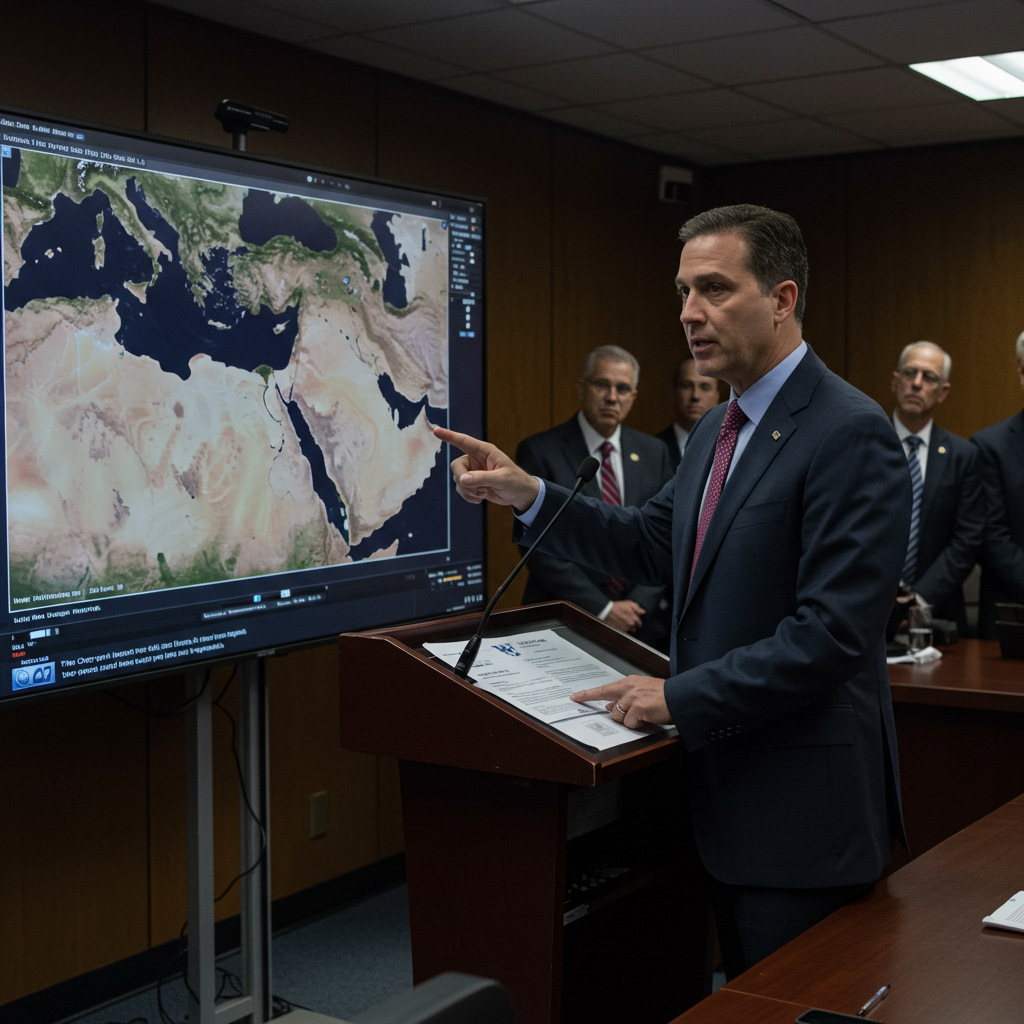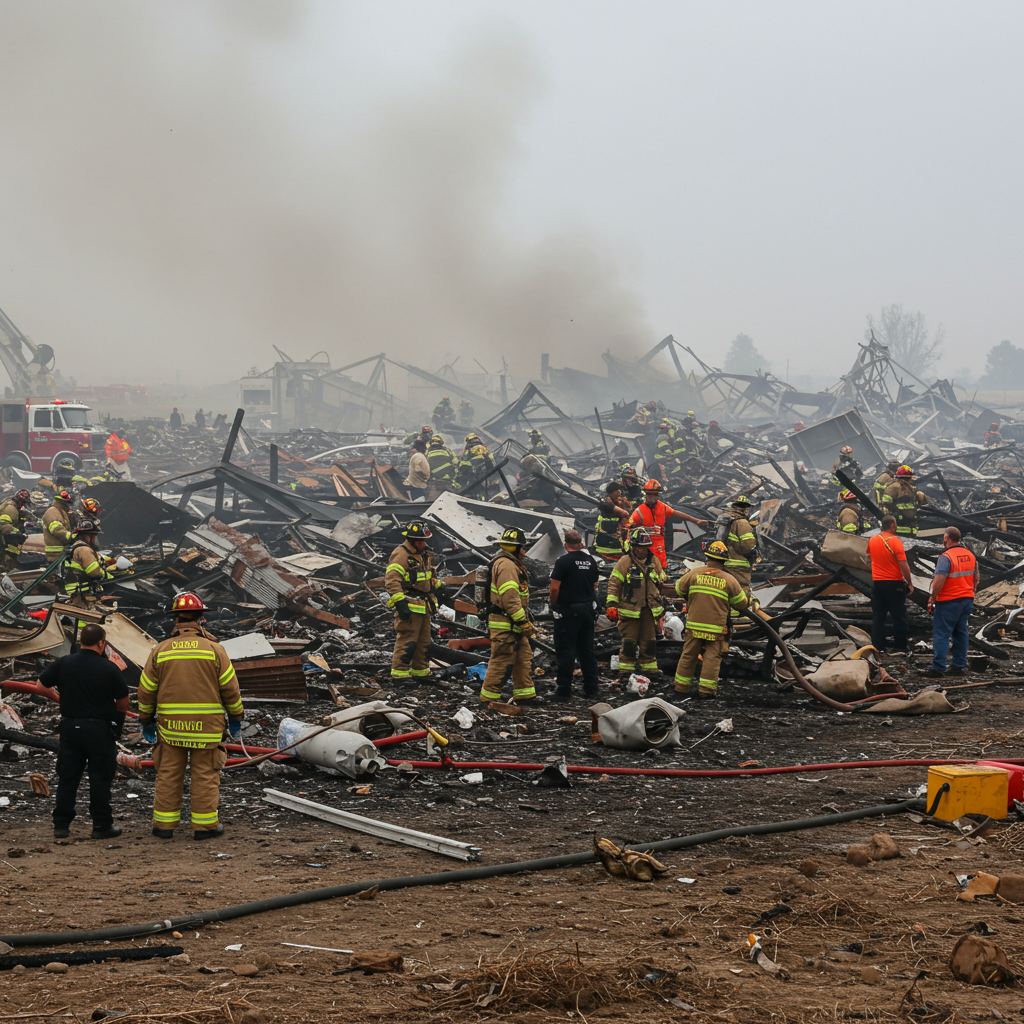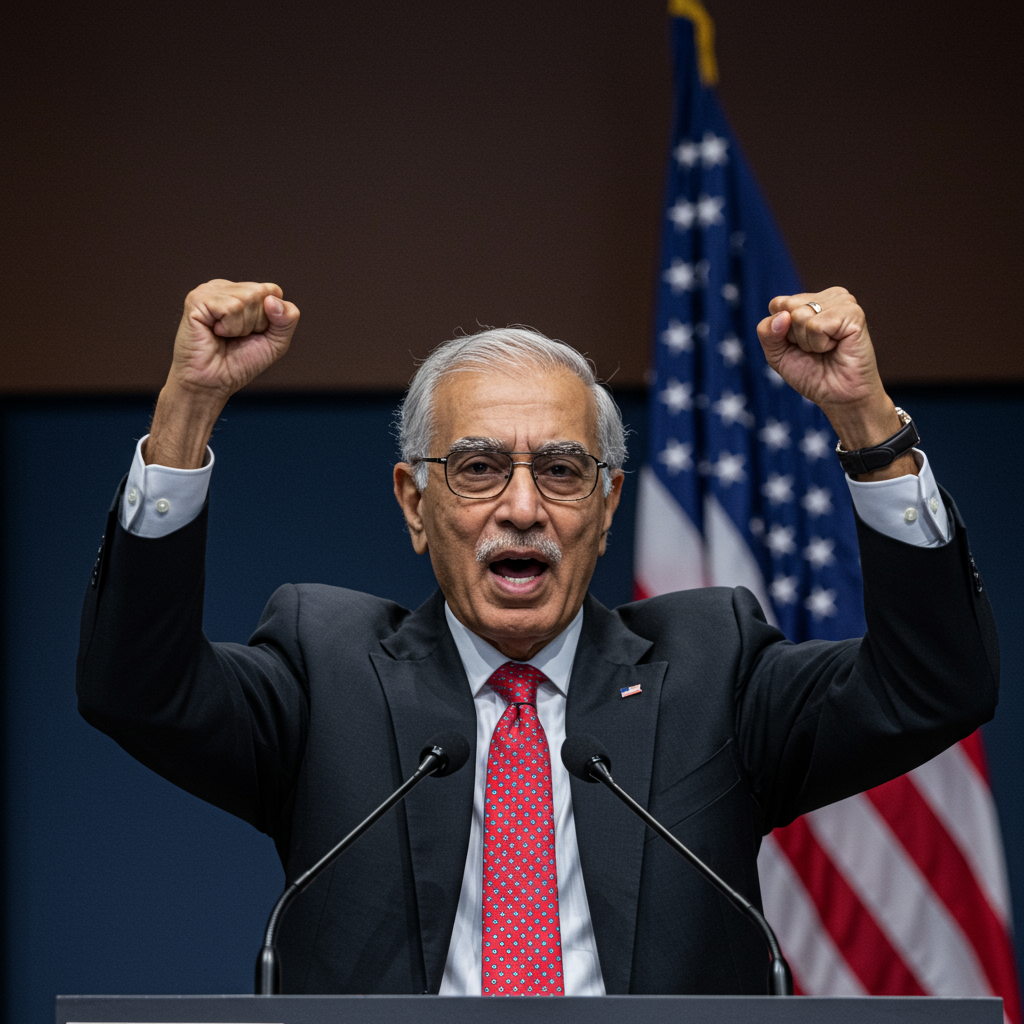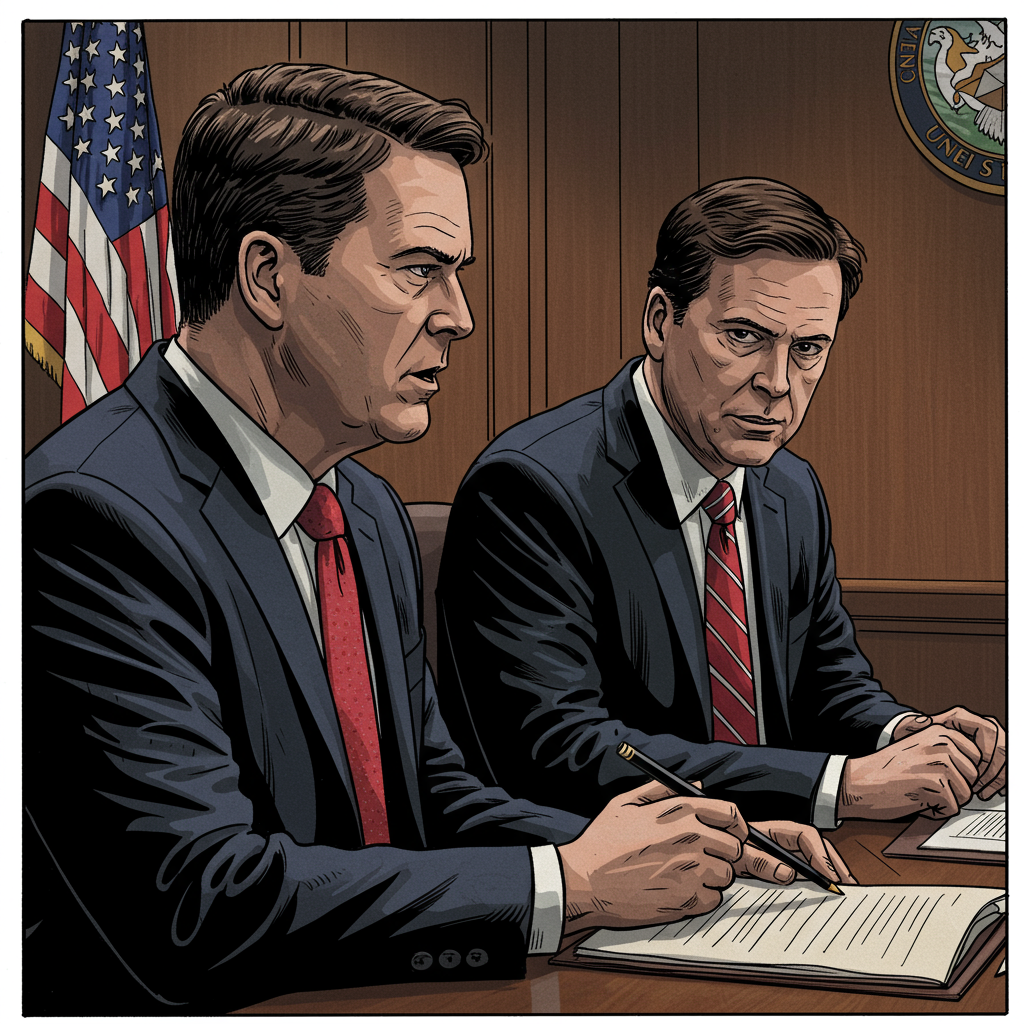Top U.S. officials privately warned that an Israeli strike on Iran’s nuclear facilities could trigger devastating mass-casualty retaliation from Tehran, potentially overwhelming Israel’s defenses.
The alarming assessment came from White House envoy Steve Witkoff during a private briefing with top Senate Republicans last week, according to sources familiar with the discussions. The warning underscored the high stakes as diplomatic efforts to rein in Iran’s nuclear program hung in the balance, with the prospect of a potential Israeli military action looming.
The Threat of Iranian Retaliation
Witkoff reportedly sounded the alarm that if diplomacy failed and Israel proceeded with strikes against Iranian nuclear sites, the anticipated response from Iran could cause significant damage and a high number of casualties. This assessment was reportedly based on U.S. intelligence estimates regarding the scale and capability of Iran’s missile arsenal.
U.S. intelligence suggests Iran possesses a formidable ballistic missile force, estimated at around 2,000 missiles. Many of these are capable of carrying warheads weighing 2,000 pounds or more, putting key Israeli locations well within range. Some reports even indicate Iran has developed newer missiles with a payload capacity of up to 4,000 pounds. Officials expressed concern that the sheer volume and capability of these missiles could challenge Israel’s sophisticated air defense systems.
Escalation Unfolds: Strikes and Counter-Strikes
Despite diplomatic efforts, the scenario feared by U.S. officials began to unfold. Israel initiated a massive wave of attacks targeting Iranian nuclear and military facilities. These strikes reportedly hit crucial sites, including elements of Iran’s main enrichment facility at Natanz, potentially a smaller facility at Fordo, and nuclear research sites near Isfahan. Attacks also targeted military leadership, missile sites, and components vital for air defense.
Iran swiftly responded, launching waves of missiles and drones toward Israel. These retaliatory strikes targeted both central and northern Israel, impacting residential areas and causing damage. Tragically, these attacks resulted in reported casualties on the Israeli side, including deaths and numerous injuries.
Simultaneously, Israeli strikes reportedly continued deep inside Iran, targeting military infrastructure, government buildings including parts of the Defense and Foreign Ministries, and key energy sites like oil depots and gas fields. Iranian sources reported significant casualties from Israeli strikes within Iran, including military commanders and a high number of civilians.
Impact on Nuclear Diplomacy
The escalating conflict has severely impacted diplomatic pathways. Planned nuclear talks between the U.S. and Iran, scheduled to resume, were cancelled amidst the hostilities. While the U.S. has stated its commitment to dialogue, the increased tensions and military actions have reportedly hardened Iran’s stance. Iran’s Foreign Minister linked the cancellation of talks directly to the Israeli strikes, attributing them in part to perceived U.S. support for Israel.
The U.S. Stance and Regional Concerns
The United States clarified it was not directly involved in the Israeli strikes on Iran’s nuclear facilities. However, U.S. forces confirmed assisting Israel in intercepting incoming Iranian missiles and drones during the retaliatory attacks.
Amidst the heightened risk, the U.S. took steps to protect its personnel, initiating evacuations of diplomatic staff and military families from parts of the region. CENTCOM commander Gen. Erik Kurilla had previously warned that U.S. forces across the Middle East could become targets of Iranian retaliation in the event of an Israeli strike.
While U.S. officials, including former President Trump, expressed support for Israel and issued stern warnings to Iran against attacking U.S. targets, the situation remains volatile. The rapid escalation underscores the dangers of the long-running “shadow war” between the two regional adversaries boiling over into direct, destructive confrontation. The potential for mass casualties remains a stark concern as both sides have demonstrated the capability and willingness to launch significant attacks.




